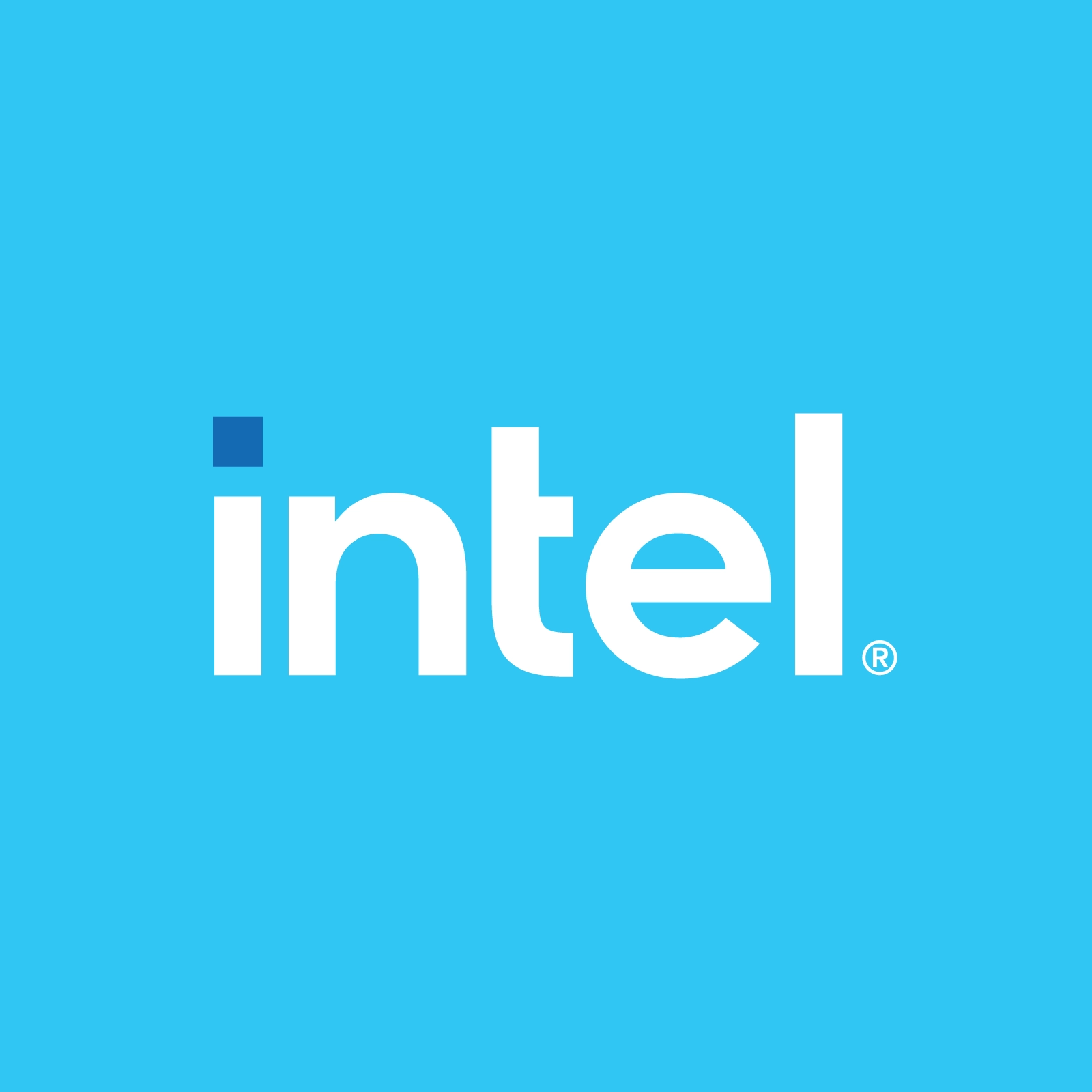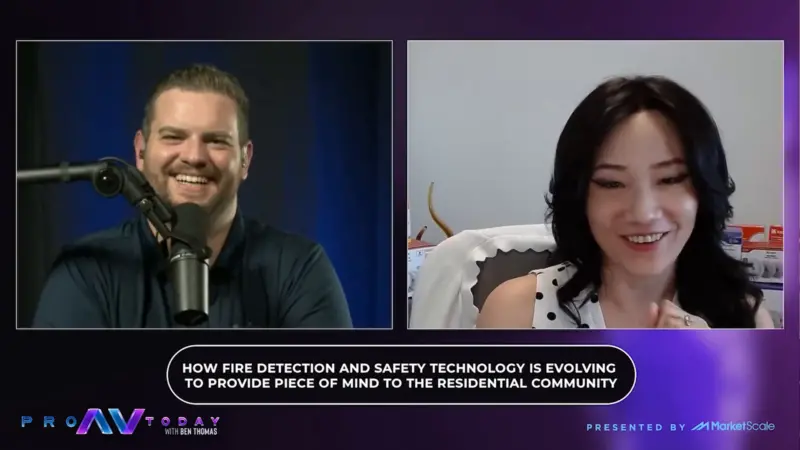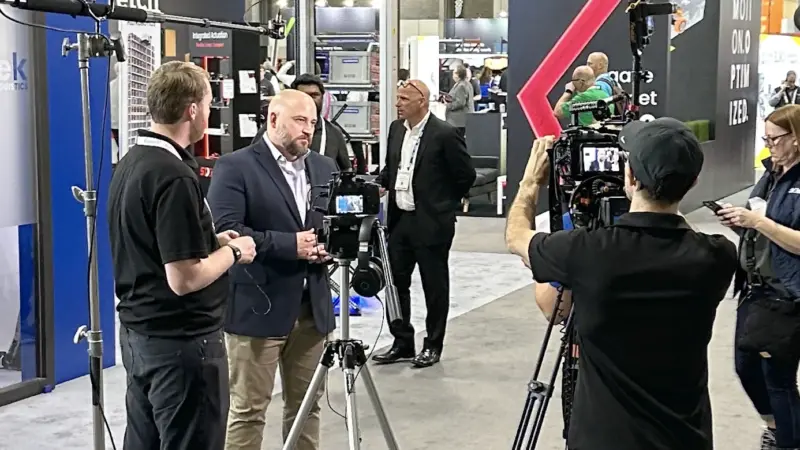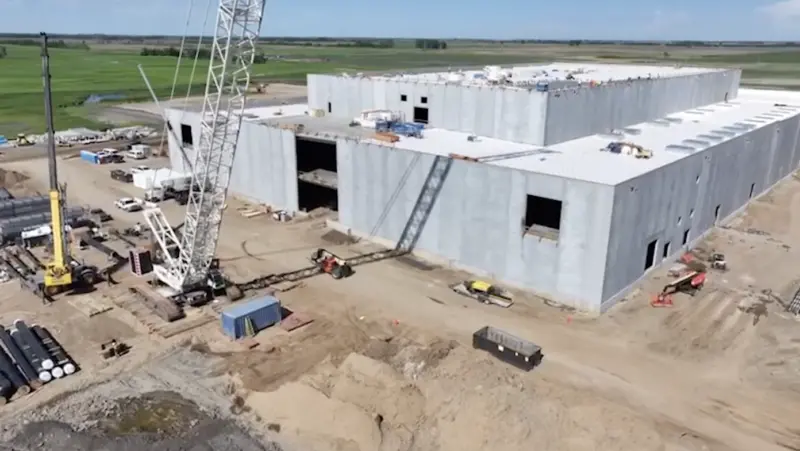Omnichannel Experiences Will Depend on Managed Devices and Cloud Ecosystems
The experience economy that drives omnichannel for today’s retail consumers enables them to bridge both the virtual and physical through a combination of seamless online and in-store shopping. Impero Software’s Toke Tangkjaer and Intel’s Brian Teuscher spoke with Bobby Brill on the managed devices and cloud ecosystem that support these innovations and how Impero and Intel’s solutions work to make it a flawless experience for the consumer.
“It really is a unique experience for each individual,” said Brian Teuscher. “Some customers want to walk into the store; others want to do it all online. And over the past few years, we’ve seen this change, and it’s not just in retail clothing stores. People want to experience these transactions in their own personal way.”
The challenge Toke Tangkjaer sees from an IT perspective to make this experience economy a reality, is melding the offline with the online world to provide that seamless checkout process. “The opportunity for a consumer to walk any store, and have a seamless checkout, whether that’s through an iPad, a clerk coming up and offering a quick checkout via a tablet, or it’s a self-service checkout, ultimately comes down to what it offers and what it adds in terms of complexity for an IT ecosystem. And that is more and more devices that need to be supported and maintained.”
Creating these retail experiences means more devices need to enter the equation. That backend means more security and adherence to regulations, and the devices must be operational. “That’s why device management becomes so critical,” said Teuscher. “Because in many cases, they are trying to build an experience around utilizing these devices. The device isn’t the experience, but using them provides the experience users want.”
As the ability grows for devices to deliver unique experiences, from virtual reality to other augmented retail solutions, the requirement that these devices are operational and functional also grows. If the solution doesn’t work, it isn’t a solution. The bottom line for all these devices is security and manageability. Teuscher added, “What are the security permissions you have on there? How have you created these walls from a security perspective to ensure only the people that should have access to certain things have access to it?” The number of devices is not the critical issue; managing and securing those devices is.
Learn more about managed device and cloud ecosystem solutions by connecting with Toke Tangkjaer and Brian Teuscher on LinkedIn or visit:
Subscribe to this channel on Apple Podcasts, Spotify, and Google Podcasts to hear more from the Intel Internet of Things Group.



